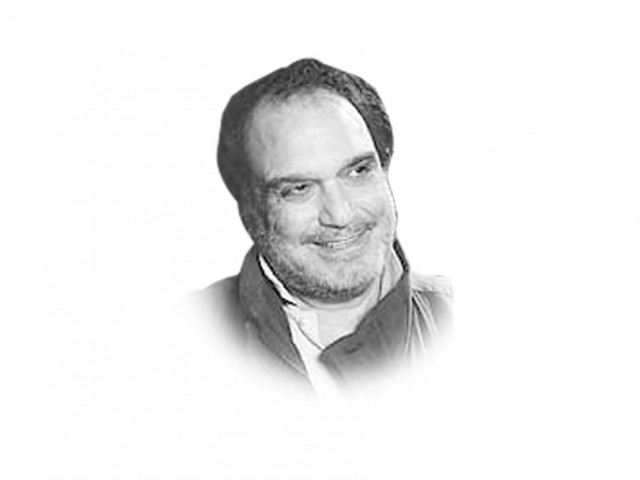Nawaz Sharif’s new charter
There are two kinds of consensus that Nawaz Sharif can lean on: national economy and civil-military relations.

Nawaz Sharif’s new charter
At this stage, it is not very clear. That is natural if you want practically everybody with differing views on board. Yet there are a number of things he can put on the roster: the economy, which is the central issue; the regional strategic situation on which the army seems to lead the nation with its hold on foreign policy; and the war against terrorism which his own party says is not Pakistan’s war.
Political scientists say ‘national interest’ as a guideline is a pseudo-theory. Since the only permanent national interest for any organised state is the ‘national economy’, one could cut a lot of loose talk by letting Nawaz Sharif be led by this interest. Without proclaiming it, the economy rejects ideology and nationalism. It demands a conduct of endless flexibility. Worried about the economic crisis, will Nawaz Sharif listen to its whisper before it becomes a whimper?
Today, the only complete vision of what Pakistan should do to survive is being offered by the economist. His cure is free trade and regional connectivity. An old adage says when there is war there is no trade. Can we reverse it to say, when there is trade there is no war?
Nawaz Sharif has shown in the past that he can ignore nationalism to pursue the option being advised by such Pakistani economists as Shahid Javed Burki, Akmal Hussain, Ijaz Nabi and Shahid Kardar, backed by the country’s chambers of commerce and industry. Of course, the entire world is behind this consensus and will help Pakistan embark on the road of regional free trade, investment and trade routes.
The fact is that there is nothing new in this. We have signed on these ideas at the level of Saarc. We have tried war with India and it hasn’t helped. Today, poverty, which we tried to ignore in the name of honour (ghairat), is robbing our masses of human dignity. We can no longer fund our defence budgets. And our army is facing India on the eastern border with the money it accepts for defending our western border.
There are two kinds of consensus that Nawaz Sharif can lean on: national economy and civil-military relations. He will find resonance if he proposes that all institutions claim their turfs strictly under the Constitution and that it is for the parliament alone to define “national security”. He can find support for this in the ruling PPP and its allies and will be backed by an independent judiciary. This has been reflected already in the 18th Amendment.
There is an account of a meeting between Nawaz Sharif and Singapore statesman-leader Lee Kuan Yew on the internet in which Mr Lee tells Mr Sharif that when, before 1947, he practised law in India, he noted that when his Hindu clients thought they would lose a case they requested him to mediate for them with the rival party. But his Muslim clients were always opposed to mediation and told him that they would fight the case all their lives, followed by their descendants.
Only Nawaz Sharif can change the paradigm of war; Zardari can’t. His party has helped shape the India-centric nationalism. Only he can roll it back because Punjab will believe him; the rest of the country already agrees.
Published in The Express Tribune, November 7th, 2010.














COMMENTS
Comments are moderated and generally will be posted if they are on-topic and not abusive.
For more information, please see our Comments FAQ